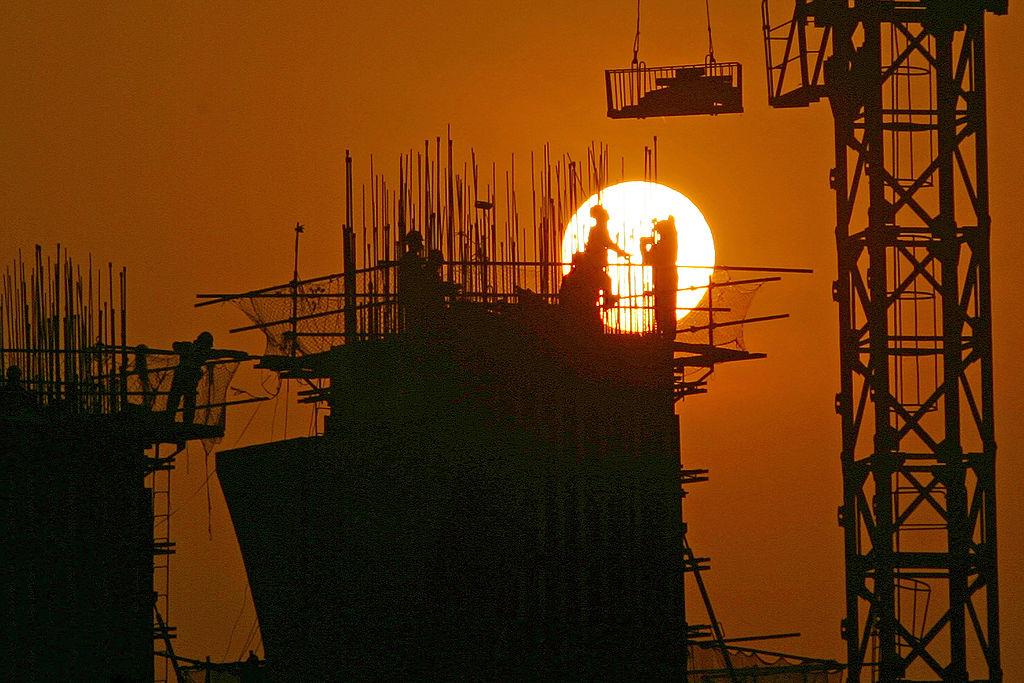News Analysis
China has slid into deflation after months of disappointing export, manufacturing, home sales, and youth employment results. That’s led to louder calls for the Chinese Communist Party (CCP) to roll out stimulus measures to kickstart the sputtering economy.



